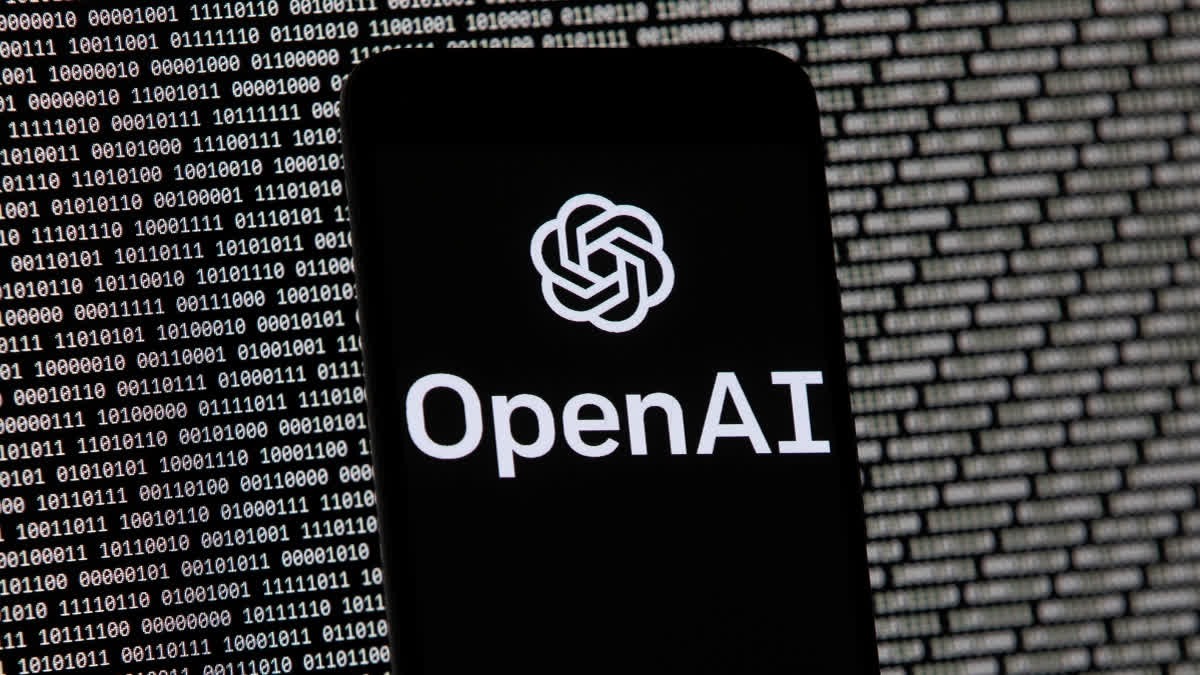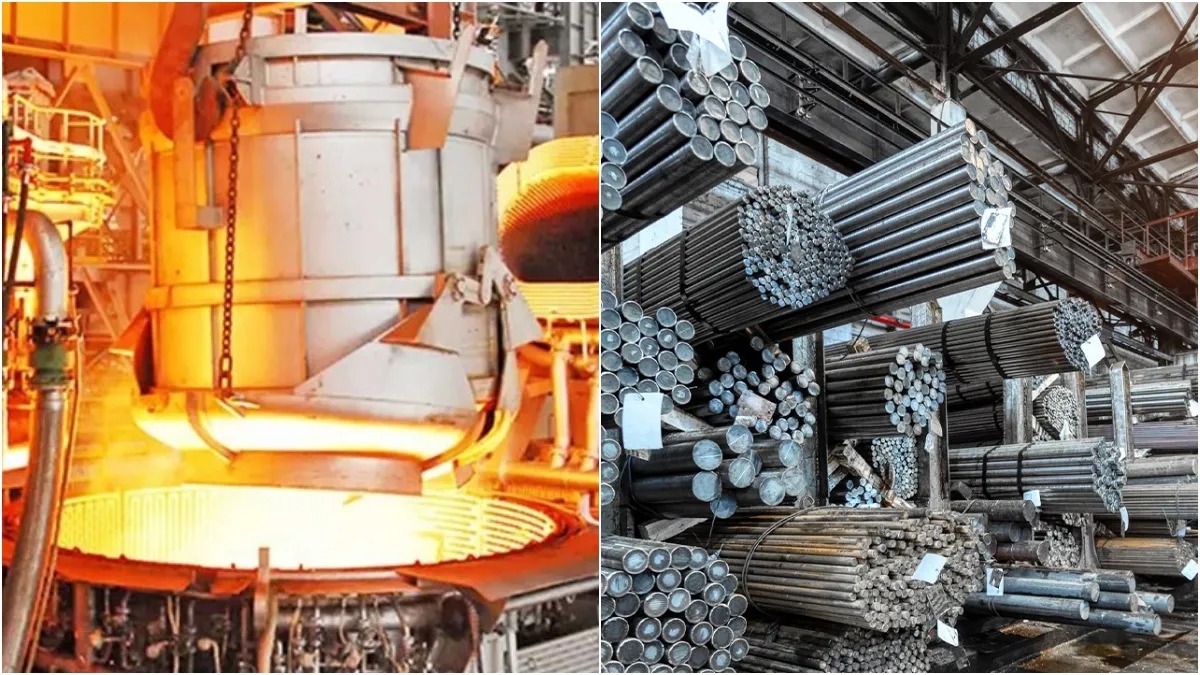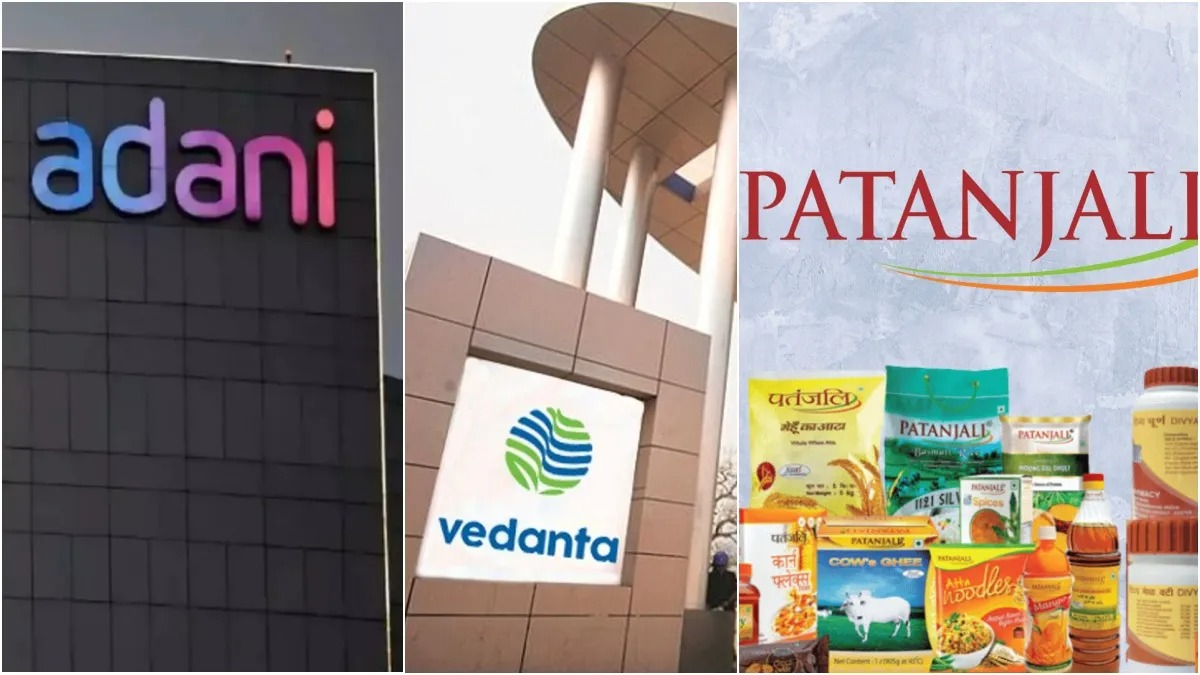
New York – Investement group spearheaded by Elon Musk has initiated a $97.4 billion acquisition of the nonprofit organization which manages OpenAI. This begs the question, was this an escalation in the dispute against the company that Musk has once helped to create?
According to Marc Toberoff- Musk’s attorney- Musk wants to use the funds alongside xAI and a group of investment firms to take control of the ChatGPT maker with the hopes of turning it into a charitable non-profit research lab. Sam Altman, the CEO of OpenAI, hastily declined Musk’s offer on his platform X, stating, “no thank you but we will buy Twitter for $9.74 billion if you want.”
In 2022, Musk purchased culminated his possession of Twitter, now branded as X, spending a total of $44 billion. The feud has worsened ever since Musk and Altman started to compete over who had the authority to control the startup after Musk left in 2018.
An early investor and board member Musk put forth legal action against the firm, first in a state court in California and then in a federal court, alleging that OpenAI betrayed its core principles of a non-profit research facility that focuses on building humane AIs. According to the lawyer Toberoff, he claims that Musk had put forth nearly $45 million from the establishment of the startup until 2018.
The internal struggle within deals and OpenAI trying to create advanced AI escalated after the international recognition brought forth by ChatGPT and the new funding stream two years ago. The nonprofit board dismissed Altman in late 2023 only for him to return days later with a new board. While, the famous nonprofit organization remains held to a nonprofit board’s original aim, OpenAI, after changing its claim, is now a rapidly expanding business. However, those modifications pose a challenge. Changes of this nature are not simple. US tax legislation mandates that funds or assets given to a tax-exempt organization is non revenue producing and needs to stay within the charitable sector.
If the starting structure converts to a for-profit model, there is generally a need for a conversion where a charitable organization will sell its assets to the for-profit at fair market value. Even if some kind of a nonprofit OpenAI continues to exist, it’s hypothesized that OpenAI will, at some point, have to be paid the fair market value for all the assets that are carved out into it’s for profit subsidiaries.
OpenAI lawyers and Musk clashed in a federal court in California last week as a judge decided on a request made by Musk in which he sought a court order which would prevent the ChatGPT maker from transforming itself to a profit making company.
U.S. District Judge Yvonne Gonzalez Rogers has not yet made a decision on Musk's request but in the court room suggested it was a “stretch” for Musk to argue he will be worse off with in irreparable damage if she does not step in to stop OpenAI from executing its intended switch.
But the judge also noted that she has some reservations about OpenAI and its business partner Microsoft, and said she would not preclude the possibility of the case reaching trial as early as next year so that a jury can resolve the matter. “Mr Musk may be correct, it is plausible. We'll find out. He will sit on the stand,” she said.
Also supporting the bid are Baron Capital Group, Valor Management, Atreides Management, Vy Fund, Emanuel Capital Management, Eight Partners VC and Musk's xAI, who announced their support on Monday.
Toberoff further stated, “If Altman and OpenAI’s current board are intent on becoming a fully for-profit corporation, it is vital that the charity is fairly compensated for what its leadership is taking away from it – control over the most transformative technology of our time.”
Musk’s attorney also forwarded a letter addressed to the State’s Attorney’s General in California where OpenAI operates and Delaware where the company is incorporated, which he sent in early January.
“It is our understanding that both of you will ensure that any such transactional process regarding OpenAI’s charitable assets provides at least fair market value to safeguard the public’s beneficial interest…,” Toberoff stated and requested clarification regarding the terms and timetable of the competitive bidding process.

 Share
Share






